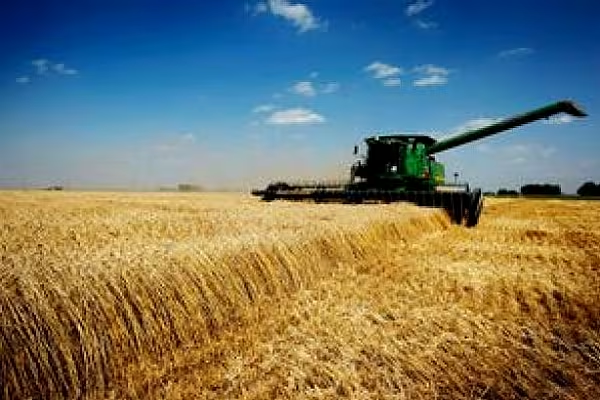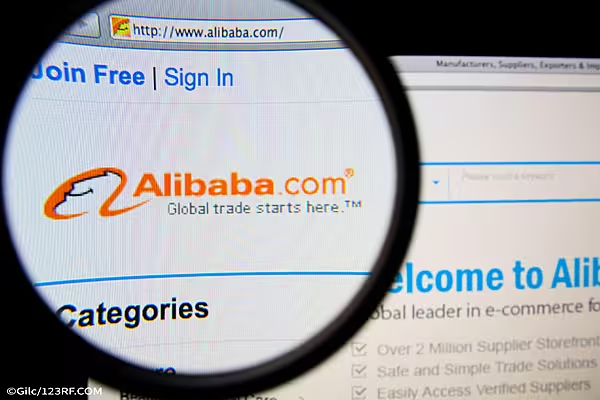A new online mapping platform, developed by GRIinsight in partnership with Arcus Global, will help support agribusiness investment in the developing world.
The partnership combines AGRIinsight’s expertise in the African agribusiness sector with Arcus, a company involved in developing and transforming Government organisations through the use of modern technology.
Arcus will provide specialist IT and cloud-computing expertise to help in the development of the platform.
The first version of the mapping platform has a set of early adopters from the public and private sectors in East and West Africa. The AGRIinsight platform will drive new investment into the African Agribusiness sector by consolidating and mapping information in a quick, reliable and easy-to-use format.
This new technology will create new opportunities for income-generation, foster well-informed, profitable investments in this growing market and facilitate collaborations between investors, agribusinesses, farmers and suppliers.
Africa’s agriculture sector presents vast opportunities for socio-economic development. With a world population increasing by a further 2 billion by 2050, global food production must double, but investment in the sub-Saharan Africa remains a fraction of what is needed.
One of the main obstacles has been the lack of reliable data available on agriculture in the region. Information, when available, is often in different formats embedded in Word or PDF documents, Excel spreadsheets or databases.
AGRIinsight says it overcomes these challenges by bringing together relevant and reliable data onto one platform. The technology will provide agribusinesses with an efficient and secure way to store and share information, locate, and contact suppliers, customers and investors online.
The mapping tools will also allow NGO’s to target their support and resources to maximise impact, improving logistical and operational efficiency and boosting growth in the sector.
Improved visibility and consolidation of reliable information will raise awareness of unexploited opportunities in the sector, driving investment by reducing both cost and risk.
Using cloud-computing technology and a smartphone, subscribers can add their own profile, location, data and requirements, and contact other agribusinesses, NGO’s and investors who have done the same.
This data can be overlaid with public information on the platform such as infrastructure, soil and climatic conditions, allowing better planning, coordination and targeting of resources across the region.
One of the first users of the AGRIinsight platform is Aspuna Group, a commodities trading business who are setting up a commercial cassava processing plant in West Africa. They will use the interactive tools to map out and communicate with farmers they work with. Operational information relevant to the successful development of the cassava supply chain, such as seed varieties used and production data will be recorded and mapped onto the platform.
Commenting on the innovative technology, Maria-Yassin Jah, managing director of Aspuna, said:"Incorporating this tool into our operations in the West Coast Region of the Gambia will help us optimise our supply chain."
Patrick Guyver, founder of AGRIinsight, said: “Working in the agriculture sector in Sub-Saharan Africa for over 25 years, it has become increasingly clear that access to information is the major gap in the market, and the main obstacle to a better functioning sector capable of attracting greater investment."
AGRIinsight believes in the potential of the agriculture sector to generate wide-reaching positive change, while also delivering strong returns to investors.
"By providing clear, relevant, and usable data that can be tailored to each organisation’s individual needs, the platform will plug the information gap and reduce the cost and risk of investing in African agribusiness, helping the region’s agriculture sector deliver on its potential.”
Providing access to relevant data in targeted and smarter ways should appeal to the younger generation of farmers in Africa and cheaper next-generation smartphones will open up a new world of possibilities for their businesses.
"It will enable them to collaborate with other agripreneurs to build a crowd-sourcing style movement to benefit all," he said.
Agriculture and agribusiness together are projected to be a $1 trillion industry with urban food markets set to increase fourfold to exceed $400 billion by 2030. This will require major agribusiness investments in production, processing, logistics, market infrastructure, and retail network.
Denis Kaminskiy, CEO for Arcus Global, said: “We are using cloud technology to empower farmers and co-operatives with the ability to develop new business relationships with investors and stakeholders.”
© 2016 European Supermarket Magazine – your source for the latest retail news. To subscribe to ESM: The European Supermarket Magazine, click here.














